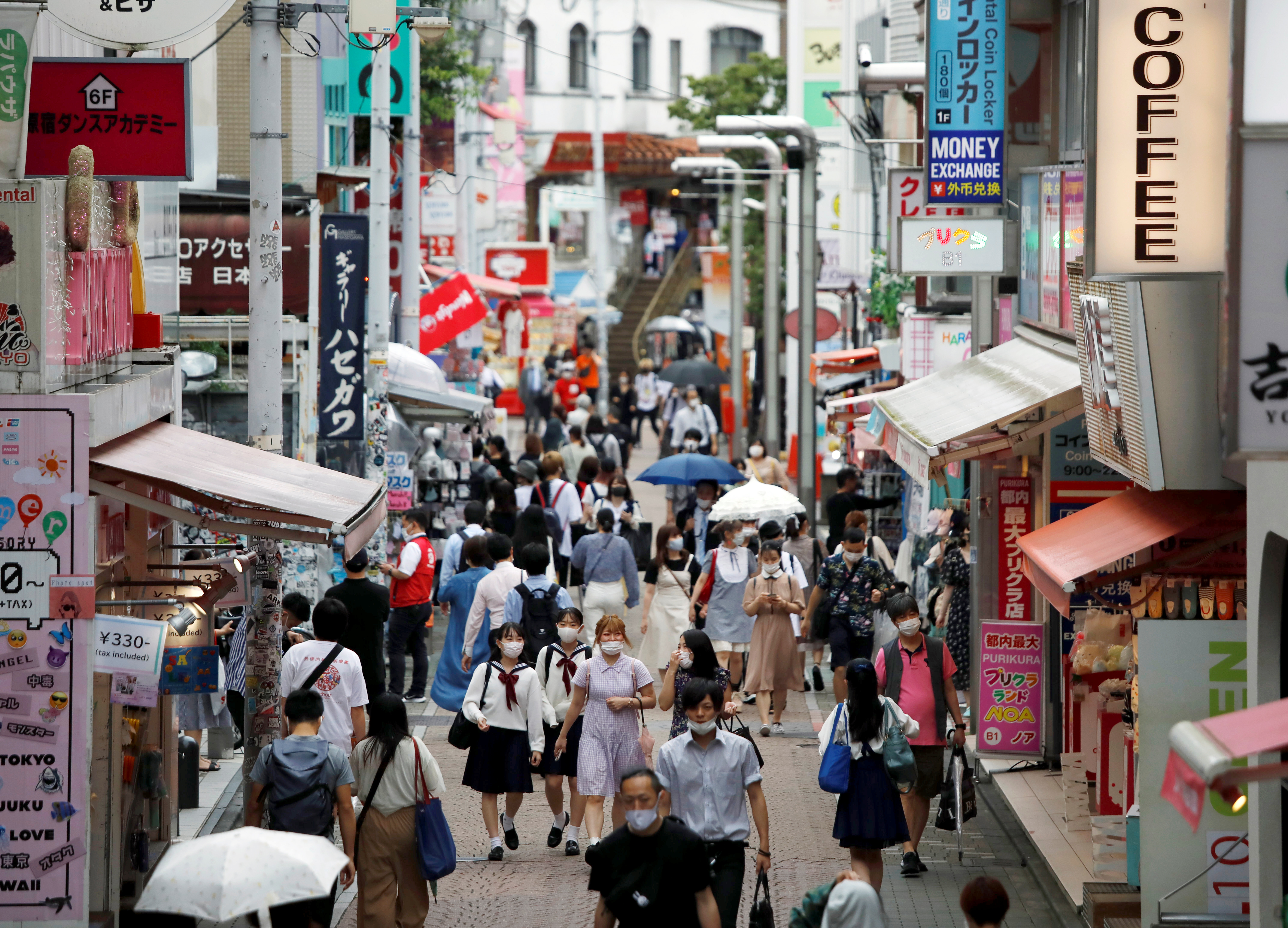Despite recent signs of what may be second wave outbreaks, Japan has been deemed to be among the countries that have controlled the COVID-19 pandemic relatively well — except in its poor response to the initial outbreak on the cruise ship Diamond Princess. The number of infections — though rapidly expanding again nationwide over the past several weeks — is still far smaller than in some other countries. Analyses and speculation have been made as to why Japan was "different" from other major economies in how it was affected by the new coronavirus.
But aside from Japan being different or unique in its response to COVID-19, my concern is that the country is quite different from other parts of the world in its fundamental perspectives toward some important concepts, including its definition of diversity.
Discussions on diversity gained momentum in Japan as the nation reflected on its extremely poor global rankings on gender equality (such as in the World Economic Forum's Gender Gap Report). When diversity is discussed in Japan, it's mostly about gender parity, such as the sluggish ratio of women in leadership positions in politics and business or the steep wage difference by gender. The slow and scant progress the nation has made over the past decade in these respects doesn't help either.


















With your current subscription plan you can comment on stories. However, before writing your first comment, please create a display name in the Profile section of your subscriber account page.